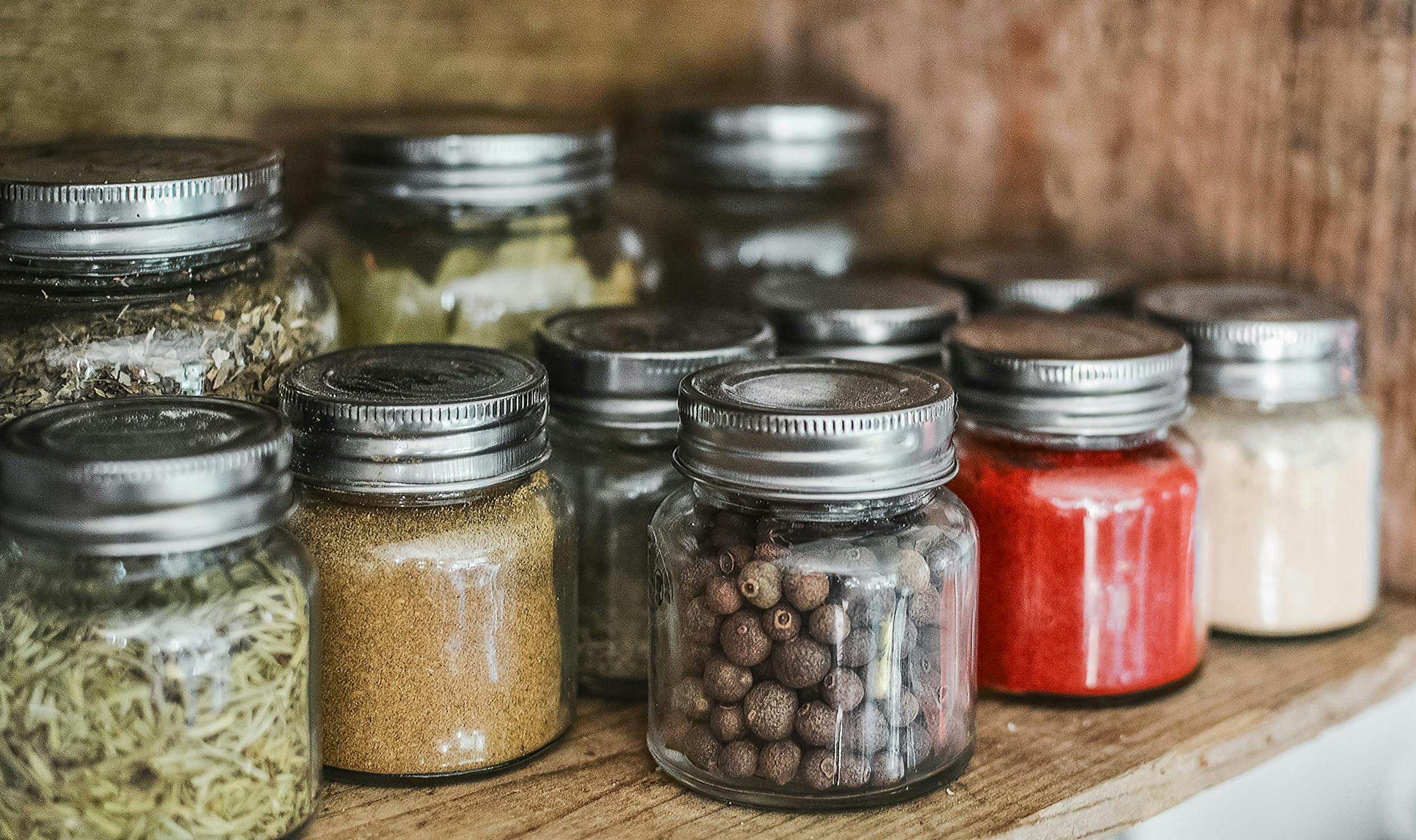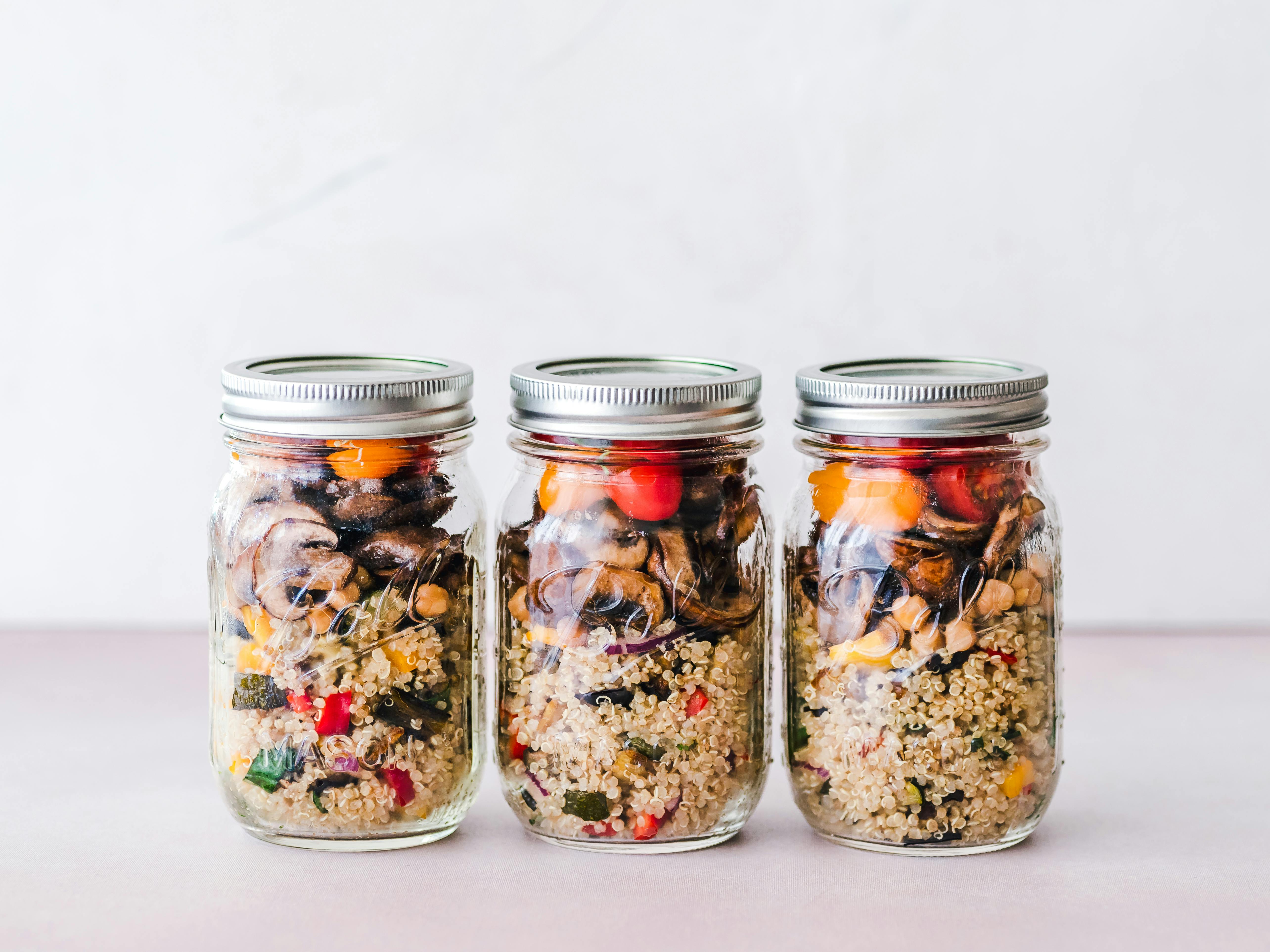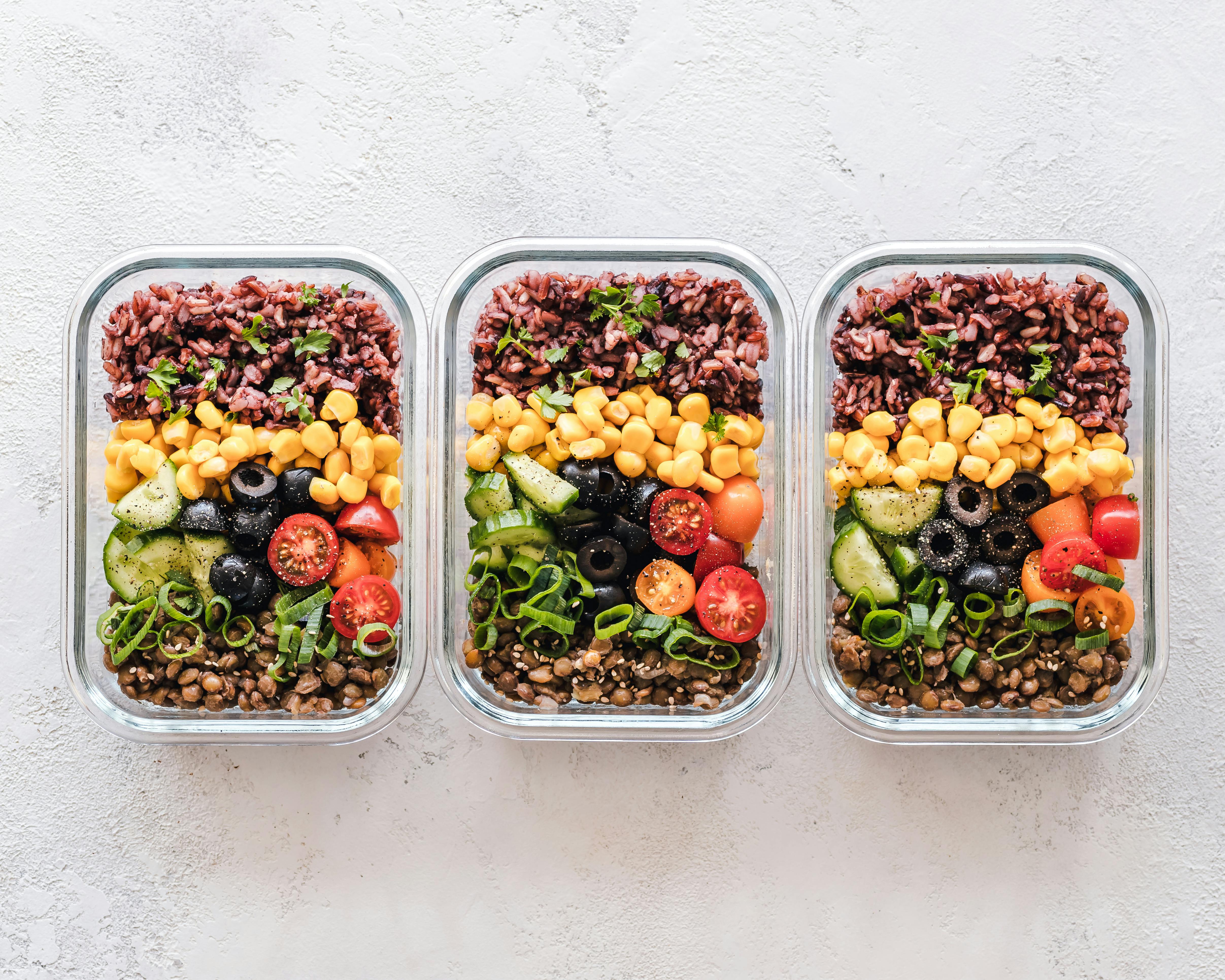Learn simple tips for storing food in your RV to keep it fresh, safe, and pest-free while you travel.

If you have ever opened your RV pantry to find your cereal box chewed open or your bread gone stale in two days, you know food storage in a camper can be tricky. The small space, shifting temperatures, and occasional curious critters make it a bit of an art form. The good news is you can keep your food safe, fresh, and organized without losing your sanity—or your snacks.
Know Your RV Pantry Enemy
Your main challenges are heat, humidity, pests, and movement. These are like the four horsemen of food spoilage. Leave bread in a warm, damp spot and it will mold in a blink. Store sugar loosely and ants will throw a party. Keep cans unsecured and you will hear them rolling around every time you hit a bump. Understanding what you are up against will help you plan your storage like a pro.
Pick the Right Containers

Forget thin plastic bags or flimsy cardboard boxes. They are like tissue paper against moisture and pests. Go for airtight containers that can handle a little bumping around. Transparent bins are helpful so you can see what is inside without playing pantry detective.
For dry goods like pasta, rice, flour, and snacks, use sturdy, sealable jars or bins. Not only will they protect your food, but they will also keep smells in, which is a huge help in avoiding unwanted visitors.
Control Temperature and Moisture
Food does not like to be too hot or too damp. Keep your RV as cool as possible when storing perishables. For items that need refrigeration, pack your fridge and freezer smartly—cold air needs to circulate, so do not jam them full like a suitcase before a trip.
You can also add small moisture absorbers in cabinets where you keep dry goods. This helps prevent mold and clumping in things like sugar and salt.
Label and Rotate Your Food
Think of your pantry as a little grocery store. Place older items in front and new items in the back. Label everything with purchase or open dates. This way, you will not find yourself staring at a mystery bag of powder wondering if it is pancake mix or instant soup from three summers ago.
Keep Pests Out
One of the quickest ways to ruin your camping mood is finding ants in your sugar or a mouse in your snack drawer. Seal every opening you can find in your RV, especially around plumbing and wiring. Store all food in airtight containers or the fridge.
Avoid leaving crumbs on counters or the floor. Even the smallest snack scraps can send out a dinner invitation to pests. Think of it like this—if you do not want visitors with more legs than you, keep things clean.
Plan Meals Before You Travel

Before you even hit the road, plan out your meals for the trip. This way, you only bring what you need and avoid stuffing your RV with extra food that may spoil. Make a list of ingredients, check what you already have, and pack smart.
This also helps with space. In an RV, space is gold. Every inch counts, so avoid overbuying.
Secure Food While Driving
Food can turn into a projectile if it is not secured. Heavy cans, jars, or even a bottle of oil can roll out and cause a mess—or worse, an injury. Use bins, baskets, or non-slip mats inside cabinets to keep items from sliding.
You can also install small tension rods in pantry shelves to keep items in place. They are inexpensive and a real game changer for keeping things tidy on the move.
Fridge and Freezer Care
When you are driving, the fridge door can swing open if it is not latched. That can lead to broken jars, spilled milk, and a cleanup nightmare. Always check the latch before starting your engine.
Also, remember that RV fridges are not as powerful as home fridges. Keep perishable food cold by not opening the door too often and filling empty spaces with bottles of cold water to maintain the chill.
Small Space Tricks
In a small RV kitchen, you have to think like a puzzle master. Stack containers, use vertical space with hanging baskets, and make use of every little nook. If you have under-bed storage or an empty bin in the bathroom cabinet, that can be a spot for extra non-perishable food.
A Word on Leftovers
Leftovers can be a blessing or a bacteria playground. Cool them quickly, store them in airtight containers, and eat them within two days. If in doubt, throw it out. Food poisoning is not worth the risk when you are far from home.
When you follow these tips, you will not just keep your food fresh—you will save money, prevent waste, and make your RV feel more like home. And let us be honest, there is something deeply satisfying about opening your pantry or fridge and finding everything neat, safe, and ready for your next meal.
If you are looking for a comfortable spot to park your RV and test your new food storage skills, check out our RV site rentals here at Lamb City Campground in Phillipston, Massachusetts. You can also learn more about our campground and all the ways to stay at lambcity.com.


.jpg)
